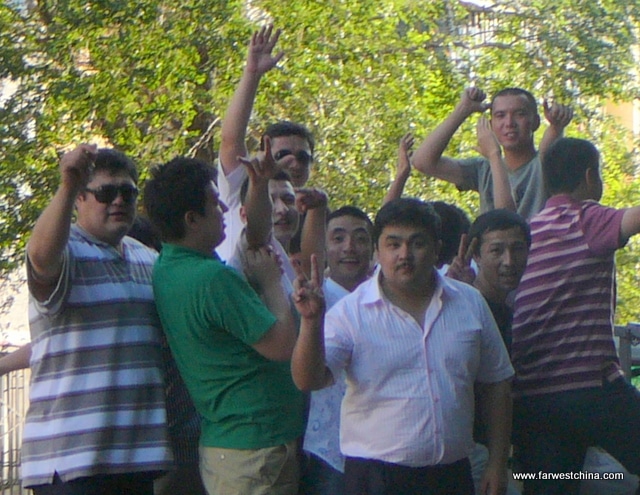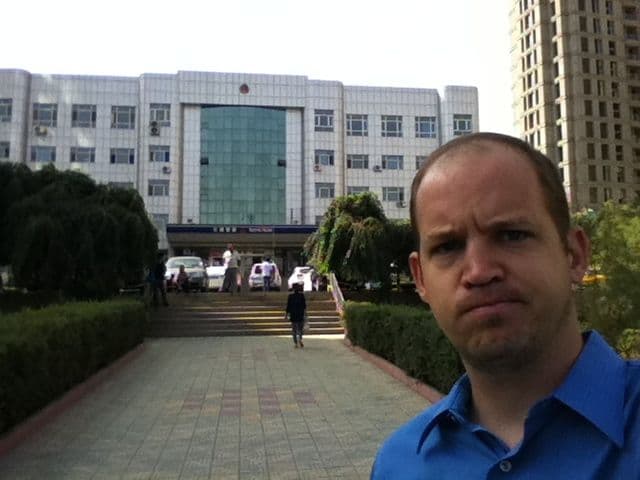How China Taught Me to Understand Islam
How much do you feel like you understand Islam and Muslims? If you meet somebody and they tell you that they are part of the Islamic faith, what is your first thought? China doesn’t have a great track record in dealing with Islam, but my experience living in the Xinjiang region has taught me a lot about my Muslim friends.
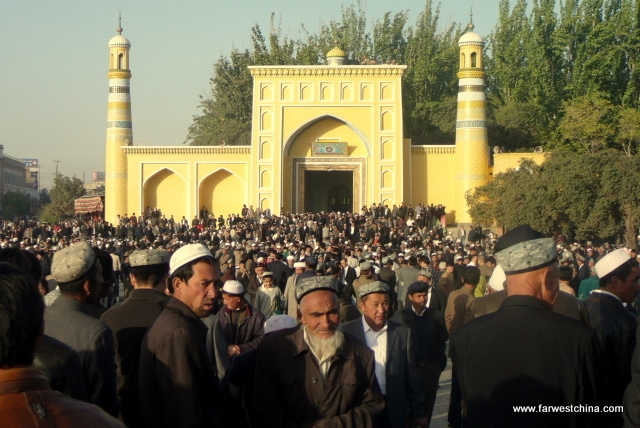
I grew up in a part of America that offered very little contact with Muslims, so moving to the Chinese province of Xinjiang was quite a shock.
Over 50% of the population there claims to be Muslim, which includes both the Uyghur and Hui people groups.
I didn’t realize it at the time, but my experience in Xinjiang revealed some of the terrible misconceptions I have about the religion and how little I understand Islam.
Having returned to America I was sad to find these misconceptions played out quite often in both the media and among my personal contacts.
Before I continue, I want to stress that I disagree with the foundation and teachings of Islam.
I also want to add that despite the title of this article, China didn’t technically teach me about Islam (their policy toward religion leaves much to be desired), rather it was my experience living among Muslim people in China that showed me how jaded I am toward the religion.
So with that in mind I’d like to share with you some of the top misconceptions I once had about Muslims and things that helped me to better understand Islam.
Misconception #1: Islam is a Religion
In many parts of the world, including Xinjiang, Islam seems to be more of a cultural foundation rather than a religion.
You aren’t converted to Islam at a young age, you are born into it.
What difference does this make?
I believe it is crucial to understanding some Muslim people. Most of the Muslims I knew in Xinjiang were not very strict in attending Friday prayers or following the letter of the law in terms of things like alcohol consumption
(Note: some might argue that this has to do with Chinese policy towards religion, but that’s beyond the scope of this article). Their religious identity wasn’t completely rooted in such activities, but rather in their culture, family and upbringing.
Of course, the same could be said for most any religion around the world.
The difference, I believe, lies in how intolerant many families could be towards somebody who decided to believe something other than Islam. It’s almost as if anybody who claimed a different religion was in essence denying their family and culture.
Misconception #2: Islam Oppresses Women
Only a very small portion of Muslim women in Xinjiang covered their heads, and a fraction of those were covered from head to toe.
All it took for me was one time attending a Uyghur wedding and I realized that a woman’s beauty here is flaunted just like it is in America.
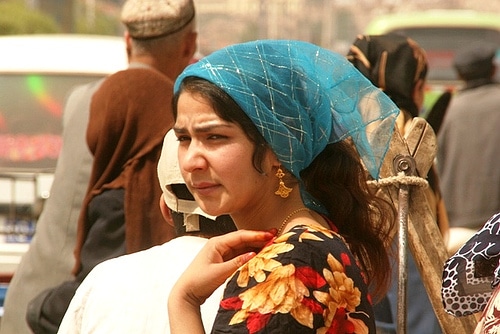
I think this particular misconception was born out of all I had heard about select Middle Eastern countries.
In these countries, women can be treated like slaves and are considered second class citizens with very few rights. My wires crossed at some point after I learned about their religion but before I completely understood their government and local culture.
There are bad husbands in any country, part of any religion, but my experience in Xinjiang showed me monogamous relationships with mutual respect between spouses who loved each other.
It seems to me that the oppression of women has more to do with individual groups of people as opposed to Islam as a whole.
Misconception #3: Muslims are Arabs with Turbans
Muslims in Xinjiang included both Central Asians (Uyghur) and those of Chinese ancestry (Hui). Each had their own unique head wear but it was never a turban.
I recently found out that 69% of Muslims in the world today reside in Asia. China boasts more Muslims (22 million) than Syria (20 million) and a good portion of those can be found in the province of Xinjiang.
That blew me away, especially with my stereotypes about the Middle East.
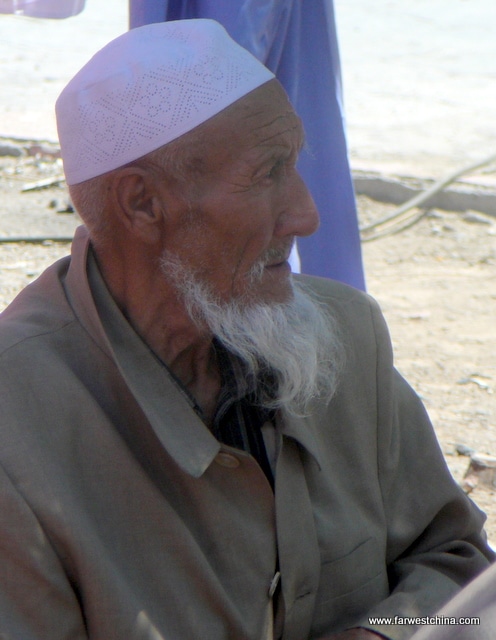
Misconception #4: If a Muslim Kills, it is Part of “Jihad”
I have seen this common misconception fleshed out in both history books and in commentary surrounding current events in the Middle East.
I used to think that any news I heard about Muslims killing another person had to do with the ridding the world of “infidels”.
This is especially true in Xinjiang.
Many history books treat unrest in the province over the past century as a result of religion (although there are other Xinjiang history books that don’t).
Chinese use it as an excuse to limit religious freedom while Uyghur apologist claim religious restrictions are what necessitated the unrest in Xinjiang.
As is true of the 2009 riots in Urumqi, religion has played little – if any – direct part in most of the uprisings in Xinjiang.
People get frustrated with corruption and unfair policies; some unfortunately resort to committing some terrible acts, but at no point do I believe they were thinking “jihad”.
Understand Islam: Final Thoughts
I don’t know about you, but for me it’s hard to break away from many of these stereotypes that I’ve grown up thinking, especially the final one.
Obviously there are extremist who break the mold of the traditional Muslim, but I never met one.
Each of my Uyghur friends would never hesitate to tell you that they are Muslim, but I would love to introduce you to each of them.
They’re great people.
I found that the more I understood Islam, the better I was able to relate to those around me and make friends.
Do you agree with me?
I’d be interested to hear if people think I’m being soft, brainwashed, or dead-on. This is a reflection of what I’ve learned so far, and I don’t doubt I have much more left to understand.
